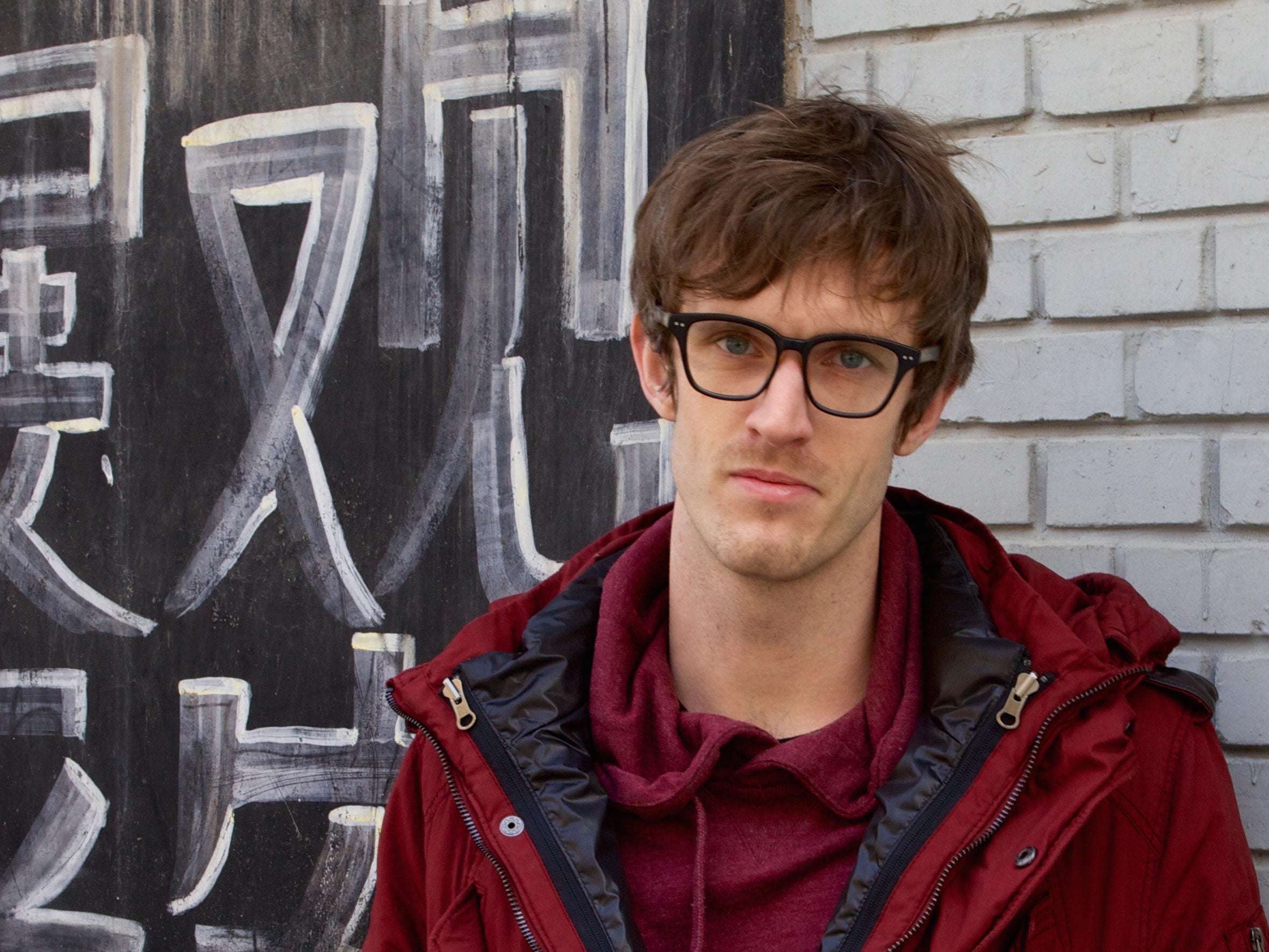
China has accused a Swedish journalist of attempting to “maliciously smear” it after he was interviewed for an article that said the country was “actively working to punish journalists trying to review the regime”.
The Chinese embassy in Sweden accused freelancer Jojje Olsson of “deceptive and shameful behaviour” and said he was not an “honest or credible person”. It claimed he intended to “maliciously smear China”.
Press freedom groups have condemned the attack on Olsson, which came after he spoke with Swedish daily Expressen for an article published on 19 June.
Olsson (pictured) claimed he was banned from entering China in 2016 over his coverage alleging Chinese authorities had kidnapped two Swedish citizens – Gui Minhai and Peter Dahlin – in 2015 and 2016.
“I had written a lot about Gui Minhai and Peter Dahlin. When something happens in a small country, which attracts international attention, China begins to look into what is written in the media and what is said there,” he told Expressen (translated from Swedish).
“They never say the reason [why I was banned], but it was quite easy to understand what it was about… they found my reporting.”
Olsson now reports from Taiwan and writes Swedish-language blog Inbeijing. He lived and worked in Beijing for nine years.
The Expressen article was based on a 2017 report by the Foreign Correspondents’ Club of China about worsening conditions for media reporting in the country.
The report claimed: “The Chinese government has intensified its attempts to deny or restrict the access of foreign journalists to large parts of the country while increasing the use of the visa renewal process to pressure correspondents and news organizations whose coverage it does not like.”
Olsson told Expressen: “I’m trying to avoid China, now. I’m not sure if I should go to China. If they have already kidnapped two Swedish citizens, they would be able to kidnap me too.
“Several acquaintances have said that I was lucky that I ‘just’ was denied a visa. To me, the visa denial was a signal that I should stay away from China.
“When I fly back to Sweden, I now avoid flights with stopovers in China. You cannot feel safe at the airports either.”
In a statement, the embassy, headed by ambassador Gui Congyou, said: “As in any other country, foreign journalists must abide by relevant Chinese law and regulations and respect the administration of relevant Chinese authorities when working in China.
“The individual cases mentioned in Expressen’s article involve violations of Chinese law, with irrefutable facts as evidence. No foreign journalist can use the freedom of press as an excuse to do whatever he/she likes.
“Even less can they enjoy the privilege of violating Chinese law without punishment. If they do anything illegal, they must be penalised by law.”
It added: “It is hoped that the Swedish media will abide by professional ethics and principles and report on china objectively, impartially and non-selectively, so as to play a constructive role in enhancing mutual understanding between our two peoples.
“It is also hoped that Expressen will have the courage to publish our letter and let the readers hear different voices and learn about the truth. Otherwise, this can only be another regrettable proof of our point of view on ‘media tyranny’.”
The International Federation of Journalists has condemned the attack on Olsson and claimed that the “institutional targeting” of individual journalists and media outlets constitutes “a serious threat to press freedom”.
In a statement it said: “The attempt of Chinese authorities to influence international reporting on their country is unacceptable.
“According to OIsson, since the current Ambassador arrived in Sweden in August 2017, the Chinese Embassy has been strenuously attempting to influence narratives on China and their methods haven’t always been diplomatic.
“During this time, the Chinese authorities have regularly contacted Swedish journalists reporting on China to try win their sympathies or to influence their work.
“The IFJ and its Taiwanese affiliate, the Association of Taiwan Journalists, strongly condemn the behavior of the Chinese authorities and we demand they respect journalists’ rights and let them work freely and without any pressure.”
Press freedom campaign group Reporters Without Borders (Reporters Sans Frontieres, RSF) has also condemned China’s treatment of journalists.
Cédric Alviani, head of RSF’s East Asia bureau, said: “The attitude of the Chinese embassy in Stockholm is yet another example of the complete lack of respect displayed by the Chinese authorities towards journalists and confirms the validity of the article it criticized.
“If Ambassador Gui wants to prove his commitment to press freedom, he can help Jojje Olsson get a visa as quickly as possible so that he can work in China.”
The Chinese embassy refutes any claims that it tries to influence foreign journalists and welcomed foreign reporters to “present a real, multi-dimensional and comprehensive China to the world”.
It also claimed that the number of foreign media outlets in China had increased and the Chinese government had provided “assistance to foreign journalists reporting in China”.
China ranks 176 out of 180 countries on the World Press Freedom Index, compiled annually by Reporters Without Borders.
Picture: Wikimedia Commons
Email pged@pressgazette.co.uk to point out mistakes, provide story tips or send in a letter for publication on our "Letters Page" blog
